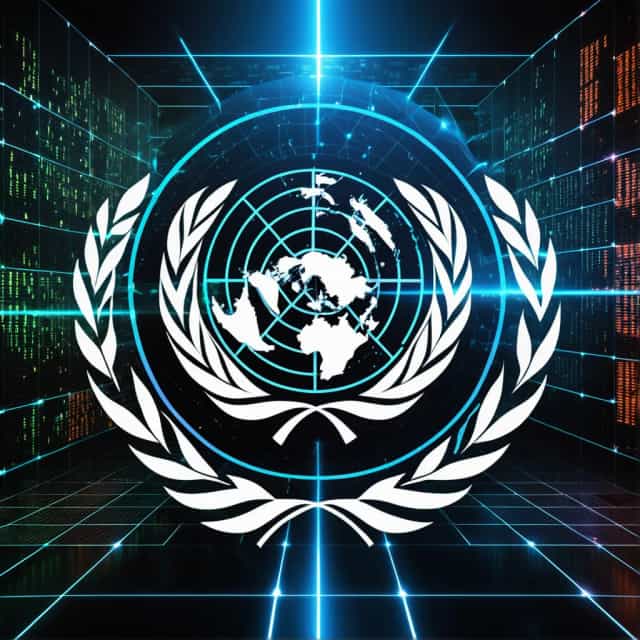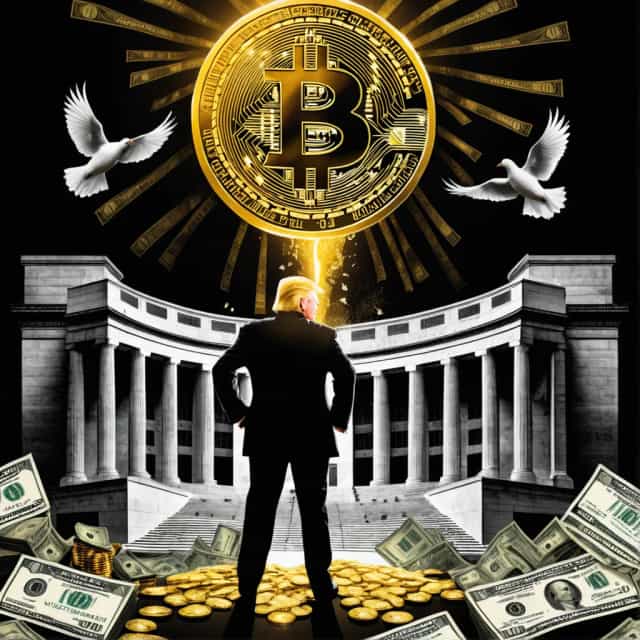![KOSPI Jumps 1% in 4 Days as Foreign & Institutional Buyers Drive Rally Amid U.S. Market Optimism [Market Update]](/_next/image?url=https%3A%2F%2Fwww.blockmedia.co.kr%2Fwp-content%2Fuploads%2F2024%2F11%2F%25EC%25A0%259C%25EB%25AA%25A9%25EC%259D%2584-%25EC%259E%2585%25EB%25A0%25A5%25ED%2595%25B4%25EC%25A3%25BC%25EC%2584%25B8%25EC%259A%2594_-002-1.png%3Fformat%3Dwebp%26width%3D600&w=1200&q=70)
Image source: Block Media
KOSPI Rebounds Following Three-Day Slide, Boosted by U.S. Market Momentum
South Korea's KOSPI index, which had experienced a three-day losing streak, staged a significant recovery on September 29, reflecting a surge in global market optimism fueled by positive developments in the U.S. stock market. Substantial buying activity from both foreign investors and institutions contributed to the benchmark index climbing over 1%, signaling renewed confidence in the market.
As of 9:22 a.m. KST, the KOSPI was trading at 3,433.29, marking an impressive 47.24-point, or 1.40%, rise from the prior day’s close. Opening strong at 3,414.43, the index gained 28.38 points (0.84%) from its previous session’s close at 3,386.05, and continued to build momentum throughout the morning.
U.S. Market Optimism Drives Korean Rally
The KOSPI, which had recently achieved record highs, entered a brief correction phase triggered by cautionary comments from Federal Reserve Chair Jerome Powell. However, a rebound in U.S. equities on September 26—driven by better-than-expected data from the Personal Consumption Expenditures (PCE) Price Index—helped restore investor confidence. This key inflation metric aligned closely with market expectations, providing a sense of stability to global markets.
Market analysts linked this U.S. recovery to the subsequent uptick in South Korea’s stock market. According to Han Ji-young, an analyst at Kiwoom Securities, “The rebound in the U.S. market, spurred by the PCE inflation data meeting consensus, bolstered confidence in the Federal Reserve's policy outlook. Locally, the stabilization of the Korean won-U.S. dollar exchange rate, currently near 1,410, has been instrumental.”
Han also cautioned that the upcoming Chuseok holiday may introduce slight disruptions in market liquidity, advising investors to remain vigilant. In the near term, the KOSPI is expected to trade in a narrow range around the 3,400 level as participants seek clearer directional cues.
Foreign and Institutional Investors at the Forefront
Foreign investors and institutions played a key role in propelling the KOSPI's recovery. While retail investors offloaded shares worth 2.372 trillion KRW, foreign entities and institutions were net buyers to the tune of 1.286 trillion KRW and 1.474 trillion KRW, respectively.
Sector-wise, the performance was uneven. Electricity and gas (-0.25%) and real estate (-0.57%) posted minor declines, while gains were seen in medical precision equipment (1.00%), retail trade (1.11%), and telecommunications (0.17%).
Blue-chip stocks posted widespread gains. Semiconductor leaders Samsung Electronics and SK Hynix rose by 1.44% and 2.53%, respectively, building on their recent record-setting performances. Major players like LG Energy Solution (0.72%) and Hyundai Motor (0.70%) also demonstrated strength, reinforcing the bullish sentiment across the board.
KOSDAQ Index Sees Broad-Based Gains
The tech-heavy KOSDAQ followed suit, climbing alongside its KOSPI counterpart. By 9:22 a.m. KST, the KOSDAQ stood at 845.32, up 10.13 points or 1.21% from the previous session’s close at 835.19. The index started the day at 840.62, gaining 5.43 points (0.65%) at the opening, and continued its upward trajectory.
On the KOSDAQ, retail investors were net sellers, divesting 40.5 billion KRW, while foreign and institutional investors were net buyers, acquiring 40.5 billion KRW and 8.1 billion KRW, respectively.
Nearly all KOSDAQ sectors posted positive results, led by strong performances in telecommunications (5.28%), transport equipment and components (1.15%), machinery (1.17%), and electrical/electronics (1.27%). The sole exception was the publishing and media sector, which fell 1.15%.
Among KOSDAQ’s heavyweight stocks, performances were mixed. While PharmaResearch (-0.87%) and LegoChem Biosciences (-0.70%) slipped, other names like Alteogen (3.13%), EcoPro BM (0.26%), and HLB (1.29%) recorded gains.
Korean Won Shows Stability Amid Market Activity
The Seoul foreign exchange market mirrored the stability in the stock markets, with the Korean won trading at 1,409.0 KRW per U.S. dollar, a marginal 3.4 KRW drop from the prior session's close at 1,412.4 KRW. The exchange rate's steadiness is likely to play a pivotal role in sustaining investor confidence as financial markets navigate a critical period marked by heightened trading activity and domestic holidays.
With stabilizing global markets, robust foreign and institutional participation, and a stable currency, the KOSPI and KOSDAQ appear poised for continued resilience, even as investors brace for short-term liquidity challenges.










